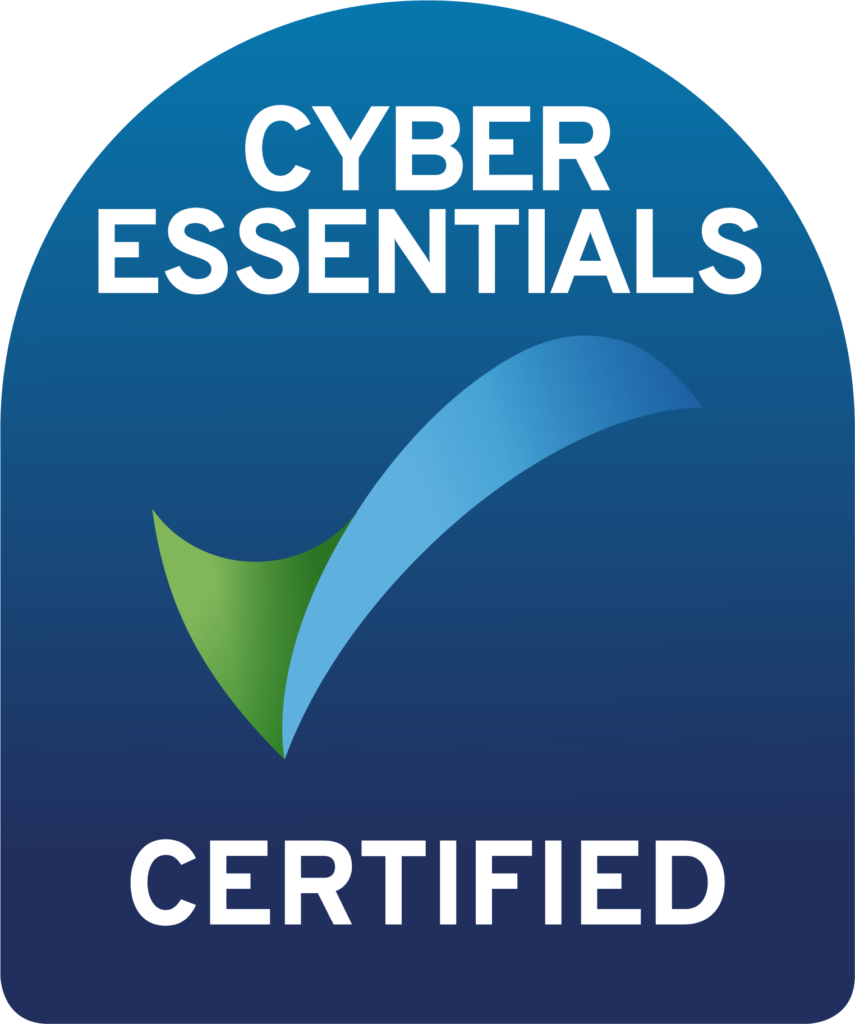
Using The Cloud To Focus On Your Business
This blog post was inspired a pal of mine. He’s one of these guys who has a new idea every time you speak to him, and he’s always learning new skills and tricks. He works in high tech too, and has recently started his own company to service the demand for high quality software, and he asked my opinion on tools for his business. The likes of us could build all the solutions we need to run our businesses, but we don’t. We use cloud solutions and pay the few dollars per month so we can depend on those services. So this week, let’s talk about Using The Cloud To Focus On Your Business.
Making Your Own Bread
You already know I love an analogy if you’ve read any of my other posts. Well, I’m a northerner – a proper northerner at that. As such, bait is very important to us. Bait is what you southern shandy drinking folks would call lunch. Anyway, bait usually includes a cheese and pickle sandwich. Of course we posses a cooker in our house. We have baking tins, flour, yeast, and all the other ingredients necessary for making a loaf of bread, and yet I never do. Why?
I could say I don’t have time, but that’s a relative term really isn’t it? I have time to spend making an overly elaborate coffee every single morning. My dog, Nigel, gets at least 2 walks every day. And I have time to write this blog. So it’s a question of where I want to spend my time, rather than not having enough of it.
Mean Time Between Failures?
Cost is often cited in opposition of cloud solutions, and on the face of things, justifiably so. Cloud storage IS more expensive than going and buying an external hard disk yourself, and copying files onto it. But like with so many cloud technologies, they don’t map exactly to a real-world alternative.
You can read more about data storage in the cloud here, but essentially, cloud data is spread across multiple pieces of hardware, and is unlikely to be lost. So while your external hard disk is cheaper today, we can’t quantify the time and potential money lost when it fails, and it will fail. If you check deep enough in the specification of any storage drive, it will list a Mean Time Between Failures. Bottom line – they break, and how big of a deal is it to you and your business when it does?
What Is Important?
I’m not saying go out and spend silly money on expensive subscription services for everything, and that’s certainly not what I do. However, I know there are a few key systems that I absolutely need to be stable and reliable to run my business:
- Storage
- Accounting
If I had a complete failure of any of those systems, I would spend a lot of time trying to recover from it. So I don’t manage those systems for Beaty Consultancy. I let the experts in their relevant fields do it for me. That way, we have teams of people looking after our accounting package, for example, who manage and support it all day every day. They can deliver better service than I could dream to do on my own. Is the tax man going to wait until I rebuild the accounts server before filing my tax return? Not a chance, so we do it right.
These priorities are certainly going to be different in your organisation. If you’re a retailer, the chances are your website going offline would have a much bigger impact on your business operations compared with mine. In that case, you might have a load balanced and redundant fleet of web servers ready to go at a moment’s notice.
Or maybe you have customers call you up often, so you might use call queueing technologies, Voice over IP (VoIP), and other technologies to make sure that communication is always able to flow.
Focus
If you’re able to cut out the management overhead of tasks which could more easily be handled in the cloud, you can focus more on what makes your business amazing.


